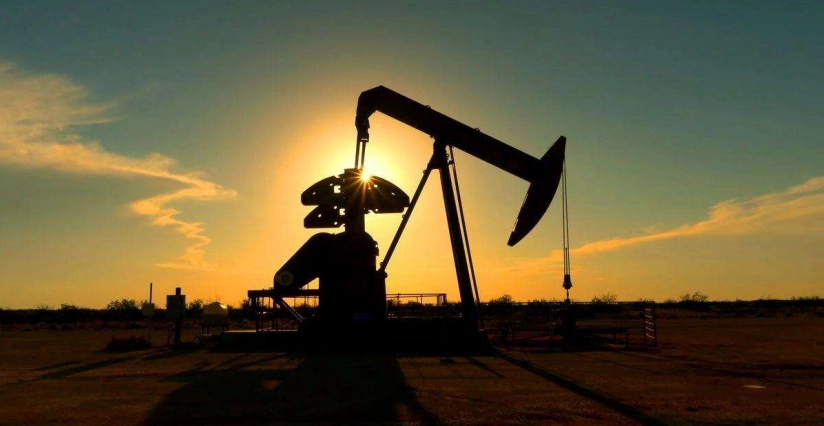In construction and civil engineering, two prominent methods stand out for foundation drilling: CFA (Continuous Flight Auger) and FDP (Full Displacement Piling). Each technique offers unique advantages and is suitable for different types of projects. Understanding the differences between CFA and FDP drilling expertise is crucial for engineers and project managers to make informed decisions and ensure the success of their construction endeavors, especially in dynamic urban landscapes like New York. This comprehensive guide delves into the intricacies of CFA vs. FDP drilling, exploring their methodologies, applications, and the factors to consider when choosing the proper method.

The Basics of CFA and FDP Drilling:
CFA Drilling:
Continuous Flight Auger (CFA) drilling involves using a hollow stem auger with continuous flights that extend throughout its length. The drill is rotated into the ground while simultaneously pumping concrete through the hollow stem during the drilling process. As the auger is withdrawn, it leaves behind a column of concrete, forming the foundation pile. CFA drilling is known for its efficiency and speed, making it suitable for various soil conditions, including cohesive and non-cohesive soils.
FDP Drilling:
Full Displacement Piling (FDP) is a displacement method where a pile is installed by driving or screwing a steel casing or drill into the ground and displacing the soil laterally. Once the desired depth is reached, concrete is pumped through the hollow center of the casing and gradually withdrawn. FDP drilling creates minimal soil disturbance and is particularly effective in dense or hard-to-drill formations. It offers high load-bearing capacity and is ideal for projects requiring deep foundations or in areas with limited access.

Understanding the Differences:
Methodology:
The primary difference between CFA and FDP drilling services lies in their methodologies. While both methods involve drilling into the ground and filling the void with concrete, the way they achieve this differs significantly. CFA drilling relies on the continuous rotation of the drill, allowing for simultaneous drilling and concreting. In contrast, FDP drilling involves displacing the soil laterally, either through driving or screwing, before introducing the concrete.
Soil Conditions:
Another crucial aspect to consider is soil conditions. CFA drilling is versatile and can adapt to various soil types, including cohesive and non-cohesive soils. Its continuous flight auger can penetrate soft to moderately hard formations relatively easily. On the other hand, FDP drilling excels in dense or hard-to-drill soils where traditional drilling methods may struggle. Its displacement technique allows for efficient installation in challenging ground conditions, providing reliable foundations even in adverse environments.
Load-Bearing Capacity:
Load-bearing capacity is a critical factor in foundation design. CFA drilling offers excellent load-bearing capacity and is suitable for most building projects, including low to medium-rise structures. Its continuous concrete column provides uniform support, ensuring stability and structural integrity. FDP drilling offers superior load-bearing capacity, making it suitable for high-rise buildings, bridges, and other heavy-duty structures. The soil displacement creates a denser foundation pile capable of withstanding higher loads and lateral forces.
If you are looking for CFA / FDP Drilling in New York, visit us at Marine Bulkheading Inc!
Cost and Efficiency:
Cost-effectiveness and efficiency play significant roles in project planning and execution. CFA drilling is known for its speed and efficiency, allowing for rapid installation of foundation piles. Its continuous process reduces downtime and labor costs, making it a cost-effective option for many projects. FDP drilling, while offering superior load-bearing capacity, may require more time and specialized equipment, leading to higher upfront costs. However, its efficiency in challenging soil conditions can offset long-term expenses by reducing the need for additional reinforcements or remedial work.
Choosing the Right Method:
When it comes to choosing between CFA and FDP drilling, several factors must be considered:
1. Soil Conditions: Assess the soil conditions at the project site to determine the most suitable drilling method. CFA drilling is preferable for cohesive and non-cohesive soils, while FDP drilling is ideal for dense or hard formations.
2. Load Requirements: Consider the load-bearing capacity required for the structure. CFA drilling may suffice for standard building projects, whereas FDP drilling is recommended for high-load applications or projects with stringent safety requirements.
3. Project Timeline: Evaluate the project timeline and budget constraints. CFA drilling offers faster installation and is more cost-effective for shorter timelines, while FDP drilling may be justified for long-term durability and performance.
4. Site Accessibility: Assess the site conditions and accessibility for drilling equipment. CFA drilling requires less space and can maneuver through tighter spaces, making it suitable for urban environments like New York.
Consultation with Experts: Consult with experienced engineers and drilling specialists to assess the project’s specific requirements and determine the optimal drilling method.

Conclusion:
CFA and FDP drilling offer distinct advantages and are suitable for different projects and soil conditions. Understanding the differences between the two methods is essential for choosing the right approach and ensuring the success of foundation drilling projects. Whether maximizing efficiency with CFA drilling or achieving superior load-bearing capacity with FDP drilling, selecting the appropriate method can significantly affect the structure’s safety, stability, and longevity. With CFA and FDP drilling expertise and reliable drilling services, you can embark on construction projects in New York and beyond with confidence and peace of mind.
About Marine Bulkheading
Marine Bulkheading Inc. is one of the Northeast’s premier Piling Contractors in Seaford, New York. A family-owned enterprise, MBI specializes in Driven and Drilled Pile Foundations, Excavation Support, and Marine Construction. With a rich history of successful projects throughout New York and the wider Northeast, MBI offers innovative solutions and value engineering to ensure cost-effective outcomes. Their commitment to efficiency is evident in their timely project completion, well-staffed teams, and streamlined processes, distinguishing them as a preferred choice among developer clients who consistently return for their exceptional service and results.

